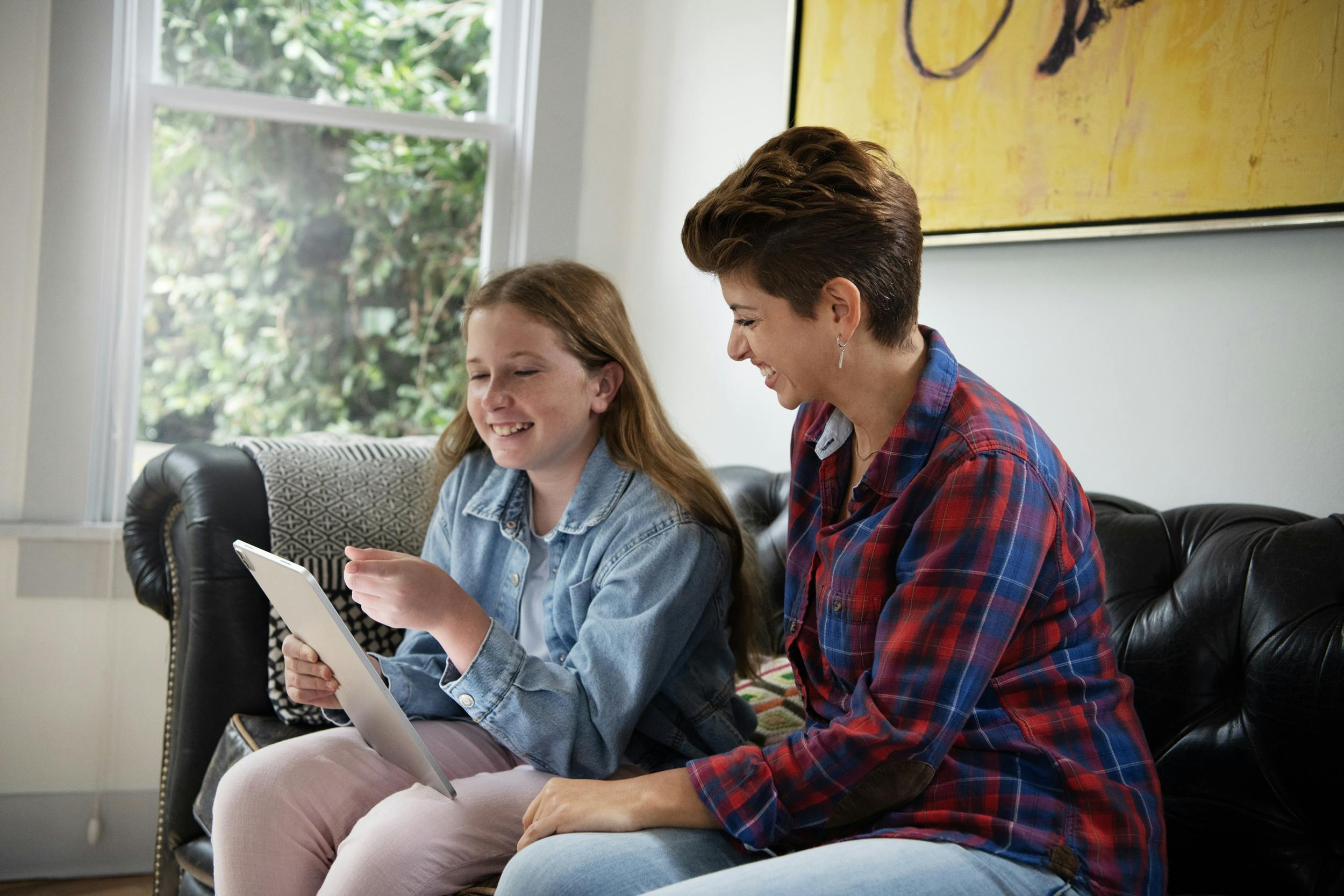November 1, 2024
Building a Relationship with Reading

Children are like sponges - they take in a lot of information. Sometimes adults can forget how often our unconscious actions are noticed by young people. The fact is, we are constantly modeling behaviors to the young people in our lives. Sometimes those behaviors are linked to critical social skills, like communicating feelings and apologizing. For example, studies show that children who feel listened to at home practice better listening skills in school (Institute for Family Studies).
The influence we have over the children who love us can be a silent superpower, especially when it comes to reading. Studies show that caregivers who model reading at home motivate their children to read, too (Parent Powered: The Science of Reading). While diving regularly into books is always great, according to Scholastic, adults can help children develop positive associations with literacy by modeling reading on almost anything, including newspapers, tablets, and magazines! When children see adults actively reading, it helps them understand that reading is something they will do forever. And if grown ups are choosing to read in their free time, then reading must be fun, right?
Adults can help young people develop a positive association with reading through small actions, too. Demonstrating curiosity, excitement to learn new things, and talking about your reading can help children connect literacy and learning to joy. Acknowledging when something is tricky to read is important, too. This provides a perfect opportunity to model problem solving and perseverance. The next time you encounter a word you don’t know, talk about it out loud! Ask everyone what they think it means, and then look it up. You’ll learn together as a family, and the message your child will take from the experience will impact their relationship with reading.
Finally, there is tremendous value in reading with your child (this means either reading to your child or having your child read to you). Not only will you be spending quality time together, but children will connect their happy feelings of reading with you to their own literacy practice. While you are reading together, pause occasionally to check in with your child about what they think will happen next or why the characters feel the way they do. Brief conversations like this can help boost their reading comprehension and social-emotional skills (Child Mind Institute).
When broken down into small, intentional actions, you can model good literacy behaviors that set your child up for success. Creating happy memories that centralize reading helps children build positive associations with this critical skill. The actions might be small, but you’ll be preparing them for a lifetime of learning. That impact is big!